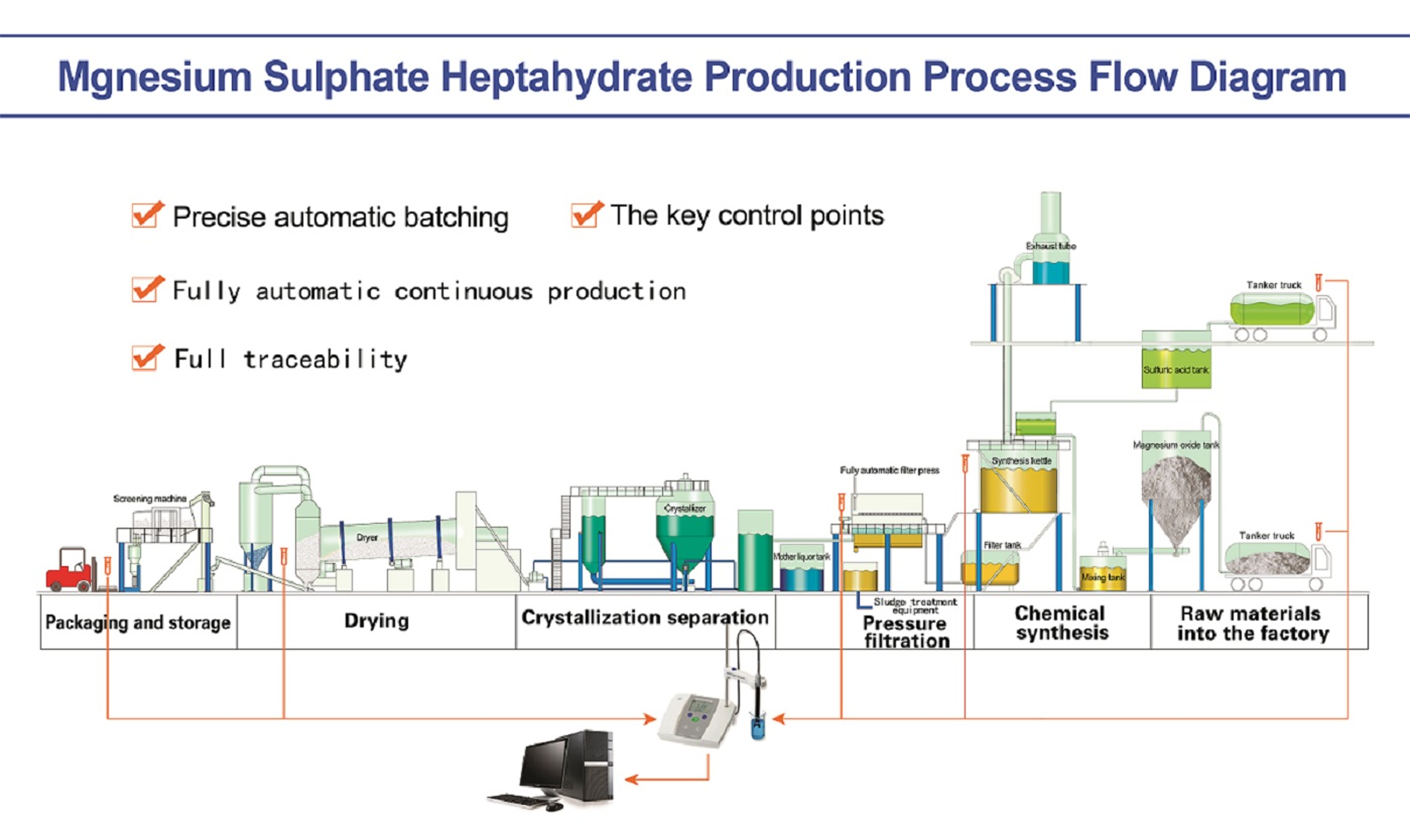Cocamidopropyl betaine (CAB) is a widely used surfactant derived from coconut oil. Here are its primary uses:
### 1. **Personal Care Products:**
- **Shampoos and Conditioners:** Acts as a foaming agent and helps to thicken formulations.
- **Body Washes and Soaps:** Provides mild cleansing properties and enhances the texture.
- **Facial Cleansers:** Suitable for sensitive skin due to its gentle nature.
- **Moisturizers:** Sometimes included for its emulsifying properties.
### 2. **Household Cleaning Products:**
- **All-Purpose Cleaners:** Improves cleaning efficacy and helps create stable foam.
- **Dishwashing Liquids:** Enhances grease-cutting capabilities and produces lather.
### 3. **Industrial Applications:**
- **Textile and Leather Processing:** Used as a softening agent and helps in dye penetration.
- **Agricultural Products:** Acts as a wetting agent and dispersant in pesticides and herbicides.
### 4. **Pet Care Products:**
- **Shampoos for Pets:** Provides gentle cleansing and conditioning without harsh effects.
### 5. **Cosmetics:**
- **Makeup Removers:** Helps to dissolve makeup and impurities without stripping the skin.
### Properties:
- **Mildness:** Less irritating compared to other surfactants, making it suitable for sensitive applications.
- **Compatibility:** Works well with other surfactants, enhancing overall product performance.
- **Biodegradability:** Environmentally friendly, as it is derived from renewable sources.
### Safety:
Cocamidopropyl betaine is generally considered safe for use in cosmetics and personal care products, but, like all ingredients, it can cause irritation in some individuals. Regulatory bodies often review its safety, and it is important to adhere to recommended usage levels.
### Conclusion:
Cocamidopropyl betaine is a versatile ingredient valued for its mildness, effectiveness, and compatibility across a variety of formulations in personal care, household cleaning, and industrial applications.




 Guarantee safe
Guarantee safe 





